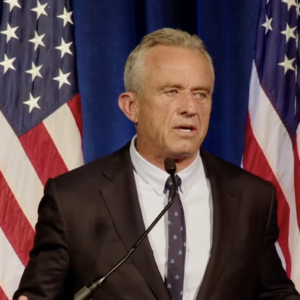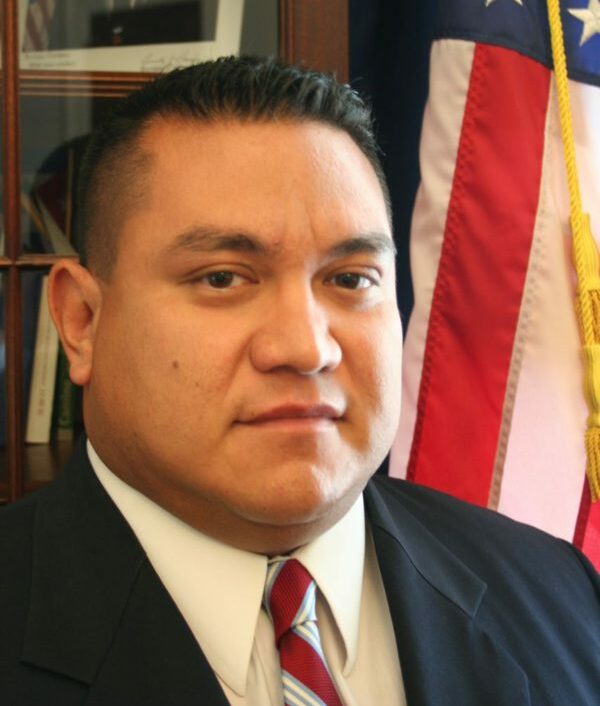In a striking reversal of his pledge for “radical transparency,” Health and Human Services Secretary Robert F. Kennedy Jr. is failing to disclose the financial ties of his abruptly selected cadre of vaccine advisers.
The smokescreen raises serious questions about Kennedy’s promises to eliminate conflicts of interest in public health policy, especially when combined with his deliberate action to obscure his personal connections to lawyers and how he has personally profited from them.
Kennedy had previously pledged to release the ethics and conflict-of-interest documents for members of his new Advisory Committee on Immunization Practices (ACIP) by its first meeting in June. However, reports detail Kennedy’s backtracking on that commitment, undermining his supposed dedication to “radical transparency” he has repeatedly touted.
Kennedy’s decision to backtrack on his vow to release key disclosure information is indicative of a broader pattern, highlighting his lucrative connections to trial lawyers — a constituency notorious for opposing common-sense legal reforms favored by conservatives.
Kennedy’s actions appear driven by his trial bar relationship and personal interests, and in so doing, threaten to weaken public trust in our health institutions and shift focus from evidence-based policy formation that saves lives.
Kennedy’s time as HHS secretary has included impulsive moves cloaked in righteous resolve, such as the abrupt cancellation of key panel meetings or his proposal to eliminate public comment on HHS regulatory changes.
Still, the sudden decision to dismiss all 17 ACIP members in June — ironically citing alleged conflicts of interest with pharmaceutical companies — was unprecedented and contradicted commitments he made under oath during his confirmation hearings.
Kennedy promised Sen. Bill Cassidy, R-La., that he would “work within the current vaccine approval and safety monitoring systems,” a commitment that Kennedy has now broken.
Kennedy’s subsequent move was to fill the new ACIP panel with individuals riddled with conflicts of interest, such as Martin Kulldorff and Robert Malone, who have acted as paid expert witnesses in vaccine lawsuits against Merck.
Regardless of Kulldorff and Malone’s alleged expertise, which remains dubious at best, the trial lawyer connections merit questions about whether Kennedy is committed to eliminating bias and conflict of interest in vaccine decision-making, or if he’s making his personal ties and junk science agenda his priority.
The grip of trial bar influence on Kennedy is predictable, given that it plagues his professional background. Dating back to his time as founder and chairman of Children’s Health Defense, the non-profit anti-vaccine organization he founded, the HHS secretary has devoted years to promoting narratives that fuel lawsuits against vaccine manufacturers, frequently stretching or misrepresenting scientific data.
Kennedy has often driven litigation, benefiting lawyers who rely on erroneous, pseudoscientific claims to extract exorbitant settlements that severely hinder some of America’s most innovative medical firms. The alignment allows Kennedy to push his lucrative agenda that benefits him and his buddies while masquerading as a public health crusader.
The most troubling aspect of Kennedy’s conflicts of interest is that he will personally gain financially from pending and future litigation, as he has in the past. In 2025, Kennedy reported a continuing role as a consultant for Wisner Baum, a Los Angeles personal injury firm suing Merck and Johnson & Johnson.
Through this contract, Kennedy earns contingency fees for litigation pursued by the firm. Public records show that since 2022, Kennedy has made about $2.5 million in his work with the law firm, including $850,000 last year.
Having vested interests in the litigation that he overtly seeks to protect — while serving as HHS secretary — is cause for grave concern. Kennedy has publicly refused to discontinue his financial interests in these matters. Similarly, his recent ACIP appointees share conflicts and are linked to litigation that could sway their recommendations on vaccine access, reflecting Kennedy’s biases and interests more than a duty to back evidence-based policy.
As public trust in vaccines continues to decline, Kennedy’s failure to maintain transparency and remove risks of bias further damages confidence in America’s health institutions and the well-being of Americans. His ties to the trial bar magnify this risk, favoring policies that could lead to lining lawyers’ pockets — and his own — instead of prioritizing sound science and public health.


